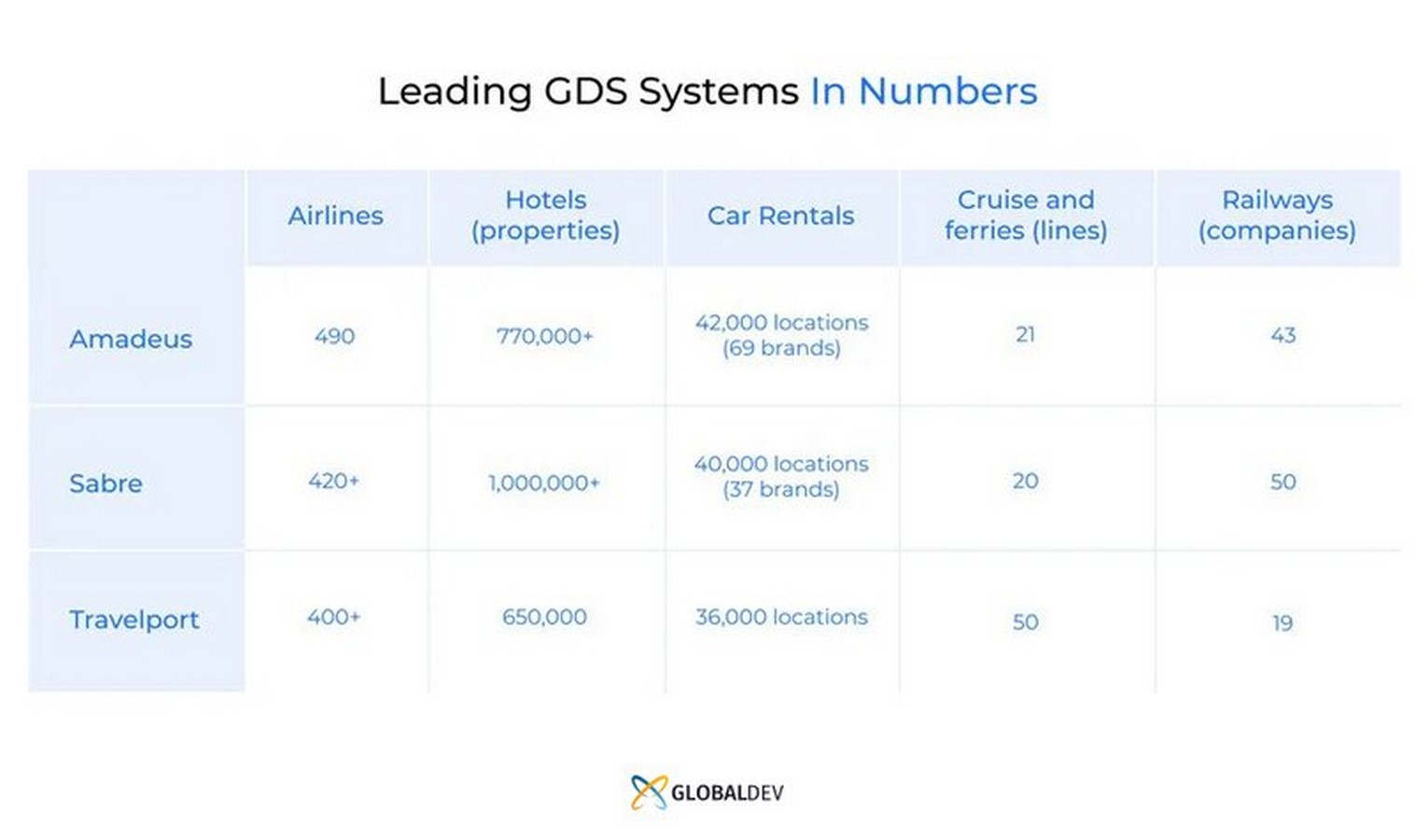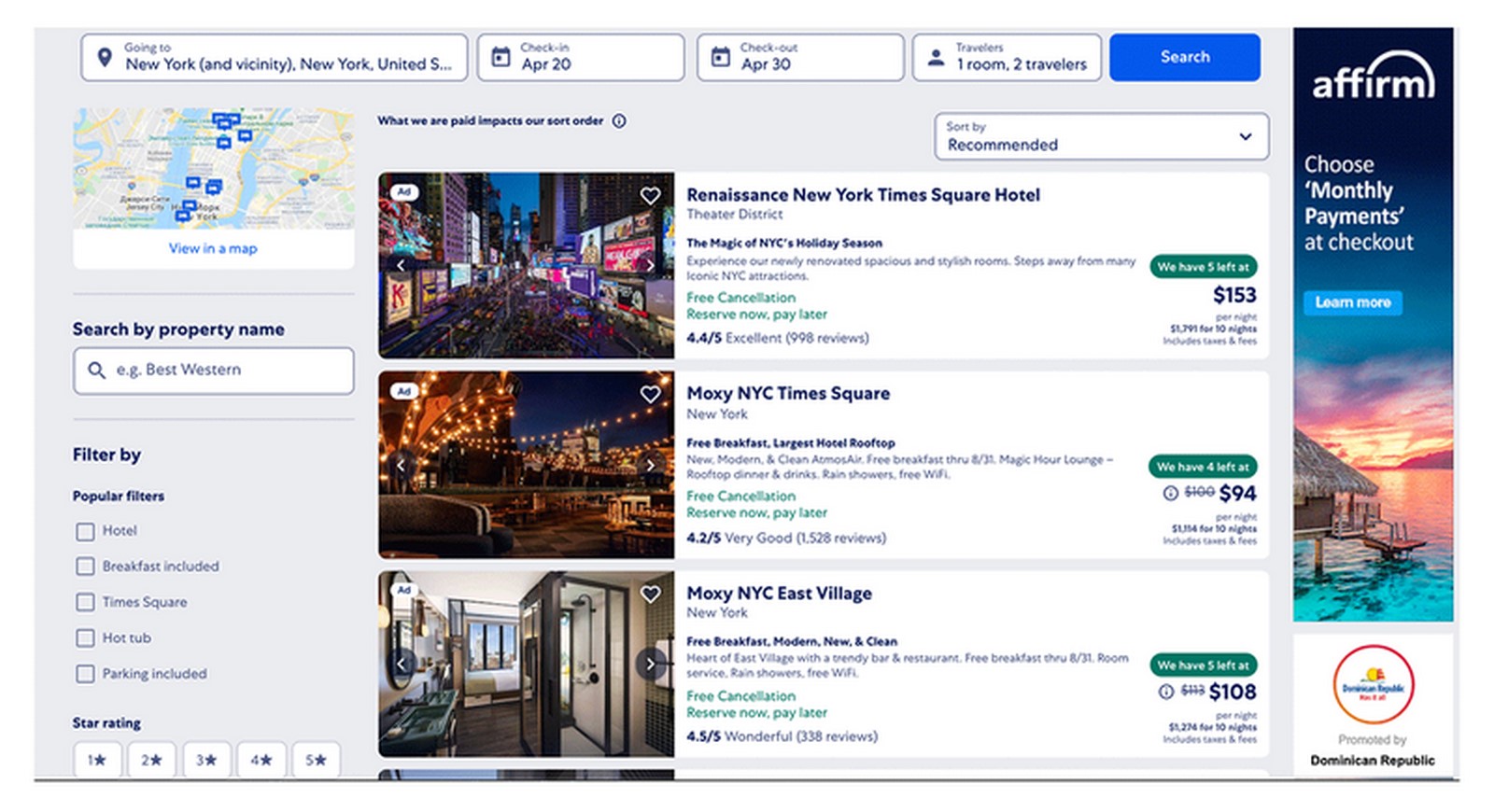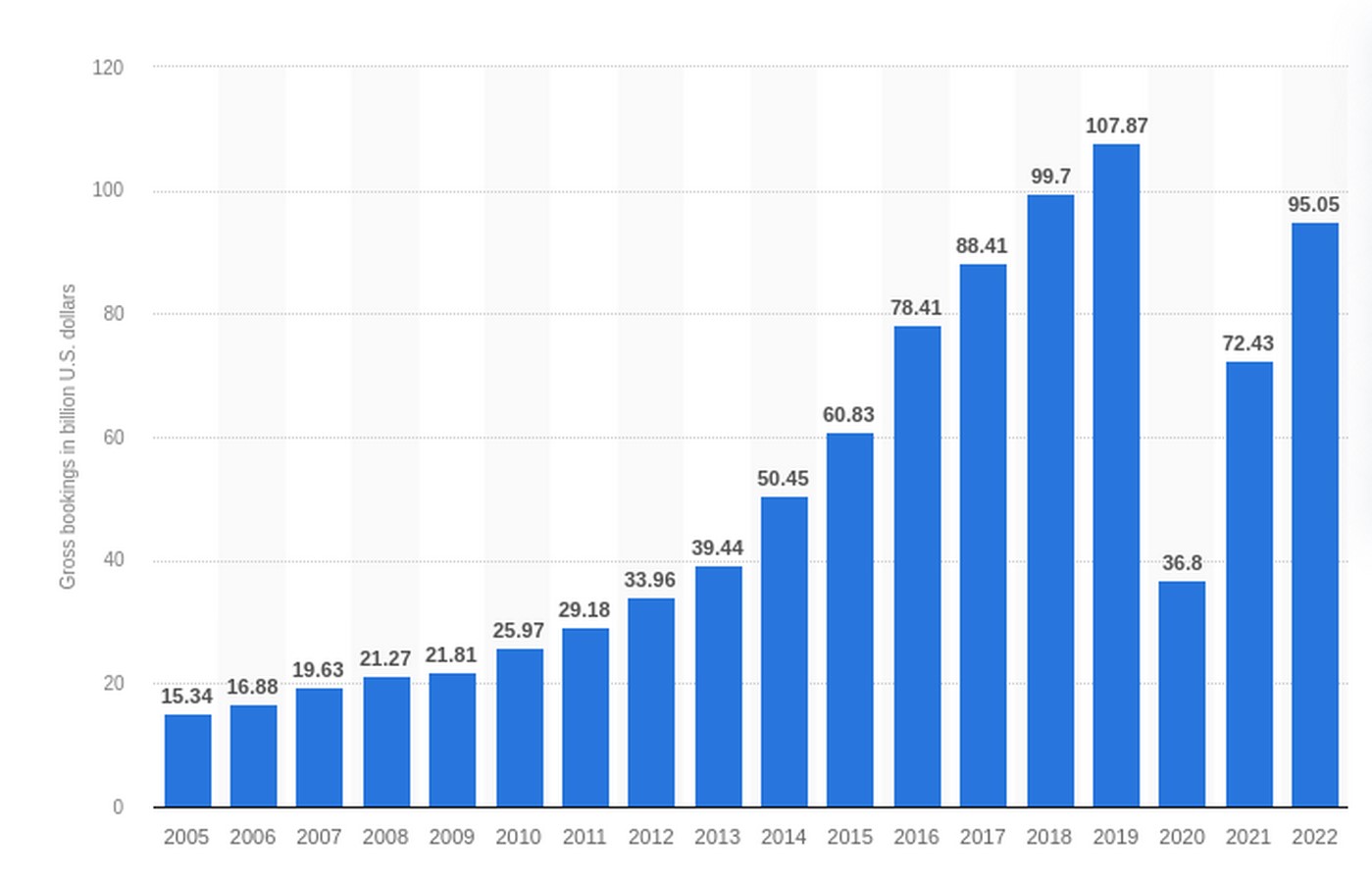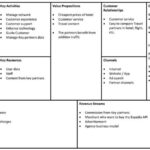In today’s digital age, the landscape of travel planning has undergone a significant transformation. Gone are the days of manual searches and in-person consultations with travel agents. Instead, the majority of travelers turn to online travel agencies (OTAs) for convenience and comprehensive options. Expedia, a prominent player in the OTA market, exemplifies the power of aggregation by offering a one-stop platform for flights, hotels, and tours. Let’s delve into the intricacies of developing a travel aggregator akin to Expedia.

Understanding the Expedia Difference
Expedia sets itself apart from traditional OTAs by offering more than just booking services. It serves as a hub of valuable travel content, including guides, authentic reviews, and exclusive tours. Moreover, Expedia’s online reservation systems for flights and accommodations streamline the booking process, enhancing user experience and trust.
A Brief History of Online Travel Agencies
The evolution of travel agencies dates back centuries, but the advent of digital technology revolutionized the industry. From the first travel agency in 1758 to the rise of online giants like Expedia and Hotels.com, the sector has witnessed remarkable growth and innovation. The onset of the COVID-19 pandemic further accelerated the shift towards online platforms, emphasizing the importance of digital presence for travel businesses.

Expedia’s Business Model: Monetization Strategies
Expedia employs a dual monetization approach, combining the commission model and the merchant model. By acting as intermediaries between travelers and industry operators, Expedia earns commissions on reservations and profits from bulk purchases of hotel rooms and flights. Additionally, the platform generates revenue through advertising, redirecting users to partner websites for bookings.
Key Features of Expedia’s Platform
Expedia’s success lies in its user-friendly interface and comprehensive features. From accommodation options to flight bookings and car rentals, the platform offers a seamless booking experience. Users can explore various filters and sorting options to tailor their search according to preferences and budget. Moreover, Expedia provides valuable resources such as destination guides and activity recommendations to enrich travelers’ experiences.

Building a Travel Aggregator: Essential Considerations
Developing a travel aggregator requires careful planning and attention to detail. One crucial aspect is API integrations, which enable seamless data exchange between the aggregator and industry operators. By leveraging APIs from global distribution systems (GDSs) and other sources, aggregators can offer a diverse range of travel options to users. Additionally, prioritizing user experience and incorporating intuitive features are essential for driving engagement and retention.
Expanding Horizons: The Future of Online Travel
As the world gradually recovers from the pandemic and travel restrictions ease, the demand for online travel services is expected to surge. With the global online travel market projected to exceed $1 trillion by 2030, investing in digital platforms like Expedia presents lucrative opportunities. By embracing innovation and catering to evolving consumer needs, travel aggregators can carve a niche in the competitive landscape and shape the future of travel planning.



























